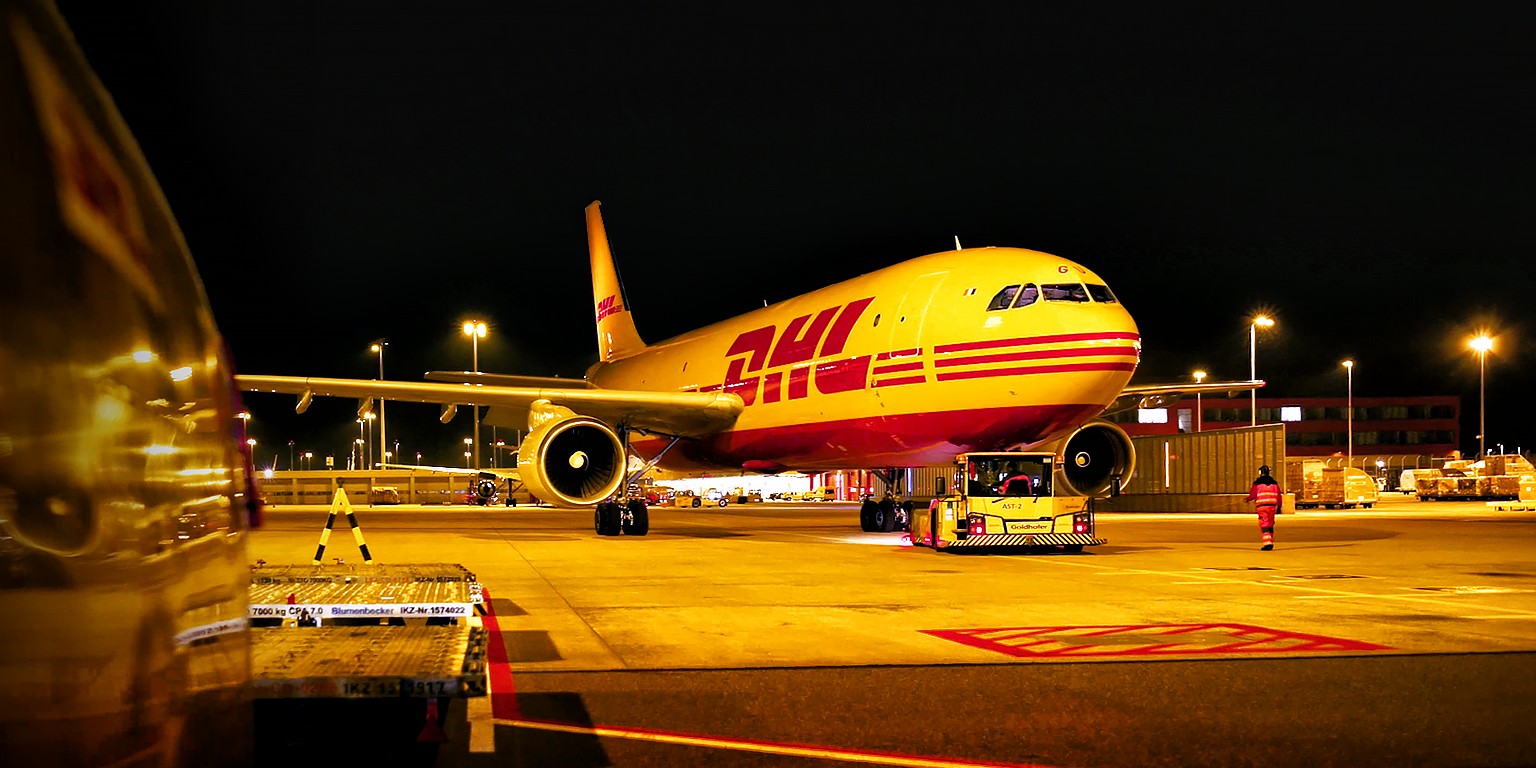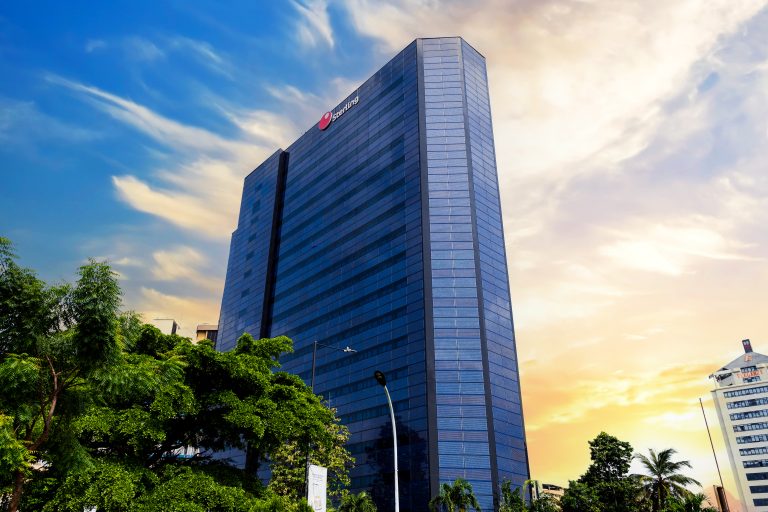…continent’s retail market to reach 11-digit dollar value by year-end
Global logistics firm, DHL Express is set to take advantage of Africa’s growing online retail market by increasing its operations on the continent. This it is doing through a minority acquisition of a stake in its strategic partner, Link Commerce based in the UK, in support of growing e-commerce in sub-Saharan Africa and other global emerging e-commerce markets.
African e-commerce has been predicted to reach an 11-digit dollar value this year.
With brick-and-mortar retailers in many regions operating at reduced capacity, consumers have turned to online shopping to acquire the goods they need. eShop has been providing vital online shopping access during this time, with impressive growth coming from countries like Nigeria, Ghana, Rwanda, Angola, Uganda and Kenya during the various stages of lockdowns, and with South Africa back on board to access e-commerce.
E-commerce is proving to be one of the most important and fastest-growing market sectors in Africa. A report published by Rapid B2C forecasts that Africa’s online retail market will reach an 11-digit dollar value in 2020, while another report by the McKinsey Global Institute estimates that this value could potentially reach $75 billion by 2025.
Link Commerce, the UK-based e-commerce firm had helped DHL develop its hugely successful DHL Africa eShop platform.
Hennie Heymans, CEO of DHL Express sub-Saharan Africa, says that the acquisition demonstrates the company’s commitment to growing e-commerce on the continent.
“Acquiring a stake in Link Commerce – the company behind the MallforAfrica.com platform – shows our tremendous support of e-commerce in Africa. It also positions us to realize our ambitions of growing the eShop offering globally, and work on the scalability of the platform when the opportunity arises.”
DHL is the leading global brand in the logistics industry, offering an unrivalled portfolio of logistics services ranging from national and international parcel delivery, e-commerce shipping and fulfilment solutions, international express, road, air and ocean transport to industrial supply chain management. With about 380,000 employees in more than 220 countries and territories worldwide, DHL connects people and businesses securely and reliably, enabling global sustainable trade flows.
Chris Folayan, founder and chief executive of Link Commerce and Mall for Africa described DHL’s investment in his e-commerce company as a perfect fit. “With the DHL investment, we are now able to grow faster by leveraging the amazing shipping network DHL has built globally. This will help us expand our white-label turnkey B2B eCommerce platform, and provide online shoppers with the ability to shop more and get more at great shipping rates fast.”
Just over one year on from its initial launch, the DHL Africa eShop continues to see massive growth in sub-Saharan Africa. Heymans notes that the DHL Africa eShop has consistently outperformed expectations since its launch.
“The platform was developed in partnership with Link Commerce, and initially launched in 11 African countries in April 2019. It was an immediate success, gaining around 5,000 subscribers within the first six weeks. Today, DHL Africa eShop is live in 34 countries across Sub-Saharan Africa, with tens of thousands of users across the continent,” Heymans said.
The DHL Africa eShop offers African consumers unprecedented access to international retailers via an easy-to-use platform, with great convenience, speed and reliability. It also enables African customers to shop directly from over 200 US- and UK-based online retailers, with purchases delivered directly to their door, by DHL Express.
Heymans adds: “online buying behaviours and product mixes have evolved quite significantly since the onset of COVID-19. Some of the most popular items on the platform now include productivity and communications devices to support remote working, home and kitchen appliances, entertainment gadgets and health related products, in addition to the historic orders of fashion and beauty products. Consumer interests have shifted towards goods that are harder to source locally.”
Assurance for delivery has become a top priority for consumers,” says Heymans. “Basket sizes have also increased, as shoppers seek to get all of what they need immediately, rather than to space out their orders. Online shopping supports the ultimate level of social distancing – connecting consumers to everything they need at a click of a button.”
Heymans explains that while the e-commerce market in Sub-Saharan Africa has been largely overlooked by international retailers in the past, it currently offers some of the biggest opportunities for rapid growth in the world.
“These growth predictions, coupled with the incredible demand and quick uptake of the DHL Africa eShop offering, confirm that this acquisition is the right move to ensure DHL Express is geared for continued growth,” adds Heymans.
As part of the acquisition, Heymans has been made a board member of London-based Link Commerce Ltd. “We have no doubt that deepening our partnership with Link Commerce in this way will take both companies, as well as e-commerce on the continent and new markets across the globe, to new heights. I am honoured to take on this new role as part of DHL’s growth strategy,” Heymans said.
With operations across 51 markets in Sub-Saharan Africa, servicing customers, efficient delivery is an important factor for DHL Express. “Our strategic investments in innovative technology and connectivity across the region, are all aimed at promoting global trade and ensuring that businesses and individuals across the continent can leverage global opportunities,” Heymans said.











